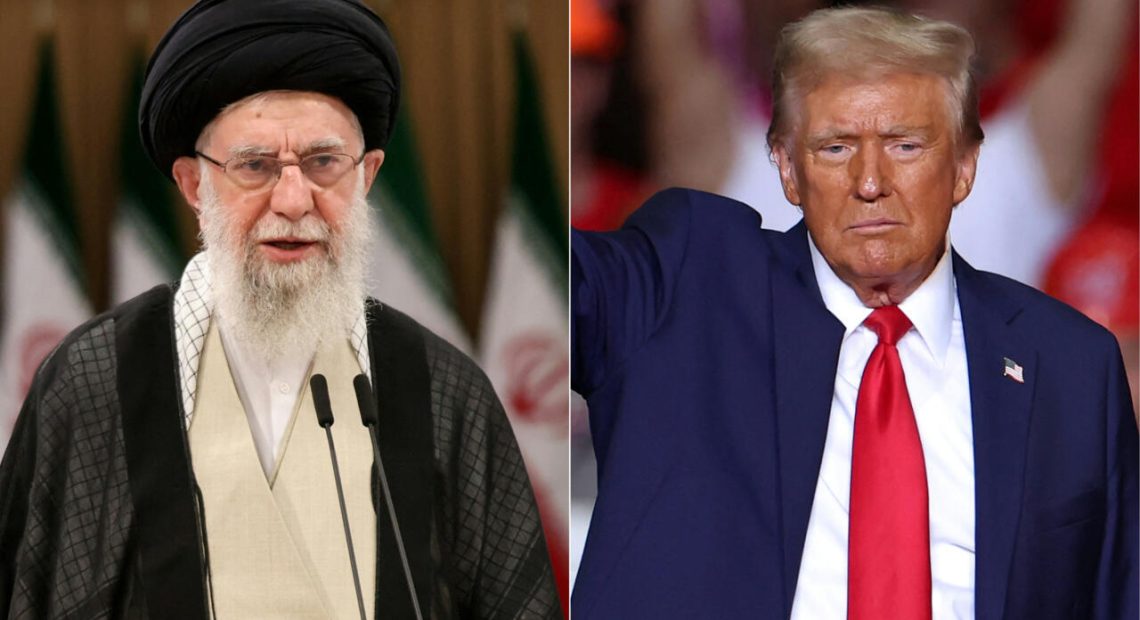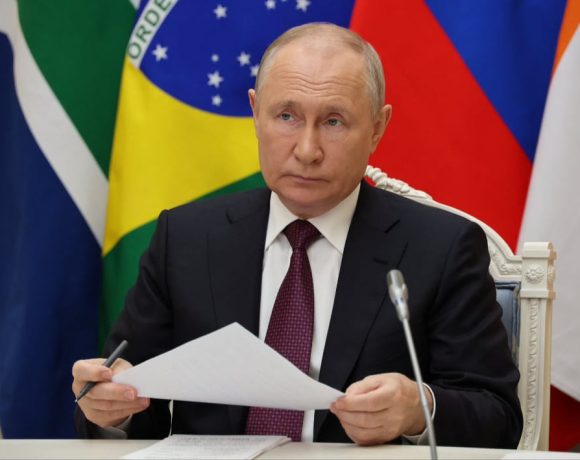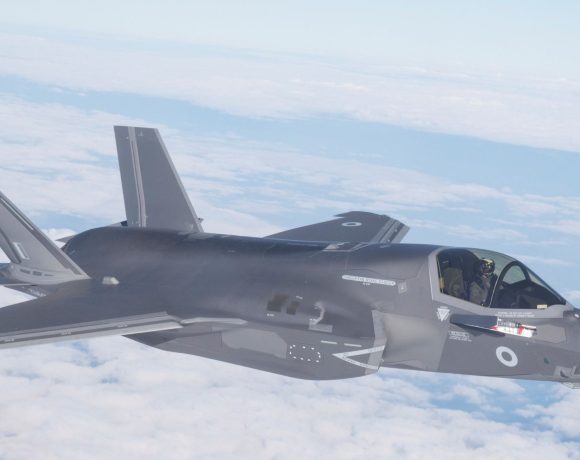
Khamenei Warns US: Intervention Will Bring “Irreparable Damage”
Iran’s Supreme Leader Ayatollah Ali Khamenei has delivered a defiant message rejecting calls for surrender and warning the United States of severe consequences if it intervenes militarily in the ongoing Israel-Iran conflict. In a nationally televised address, Khamenei stated that Iran “will never surrender” and made it clear that any attempt by the United States to enter the conflict would trigger what he termed “irreparable damage.”
The remarks were a direct response to U.S. President Donald Trump’s recent demand for Iran’s unconditional surrender amid rising regional tensions. Khamenei dismissed Trump’s posture as “insulting,” adding that “intelligent people never speak to this nation in threatening language.” He accused both Israel and the United States of attempting to break Iran’s resolve through military coercion and propaganda.
Rising Regional Tensions
Khamenei’s speech comes at a critical moment, as the war between Iran and Israel continues into its sixth day. Israel’s Operation Rising Lion has inflicted heavy damage on Iranian military installations, including key nuclear facilities, command centers, and missile depots. In retaliation, Iran has launched hypersonic and ballistic missile attacks on Israeli cities, triggering mass evacuations and emergency responses.
Civilian casualties continue to rise on both sides, and international observers warn that a prolonged conflict could engulf much of the Middle East. Over 585 fatalities have been reported in Iran and dozens more in Israel, with infrastructure, energy networks, and military assets taking significant hits.
U.S. Involvement Under Scrutiny
Although the United States has not formally entered the conflict, Trump has made clear that the U.S. military is ready to respond if Iran crosses certain thresholds. U.S. naval assets and air defense systems have been repositioned closer to the conflict zone, signaling a high level of readiness. Iran, however, has warned that any direct U.S. intervention will trigger strikes on American bases in the region.
Khamenei reinforced that message, asserting that Iran’s retaliation would not be limited to Israeli targets. He accused the U.S. of provoking instability and pledged that Tehran would not remain passive in the face of foreign aggression.
Diplomatic Fallout and Global Concern
Khamenei’s address has heightened global anxiety over the prospect of a wider regional war. Several countries, including China, Russia, France, and Turkey, have called for an immediate ceasefire. Emergency diplomatic meetings are underway at the United Nations, and global stock and oil markets continue to respond nervously to every new development.
Meanwhile, tens of thousands of foreign nationals have been evacuated from affected areas in Israel, Iran, and neighboring countries. Humanitarian agencies are warning of an impending refugee crisis if the hostilities do not de-escalate.
With Iran refusing to yield, and the U.S. contemplating its next move, the region is now perched on the edge of a conflict with global ramifications. Whether this war spirals into a broader confrontation may well depend on decisions taken in the next 48 hours in Tehran, Washington, and Jerusalem.


















